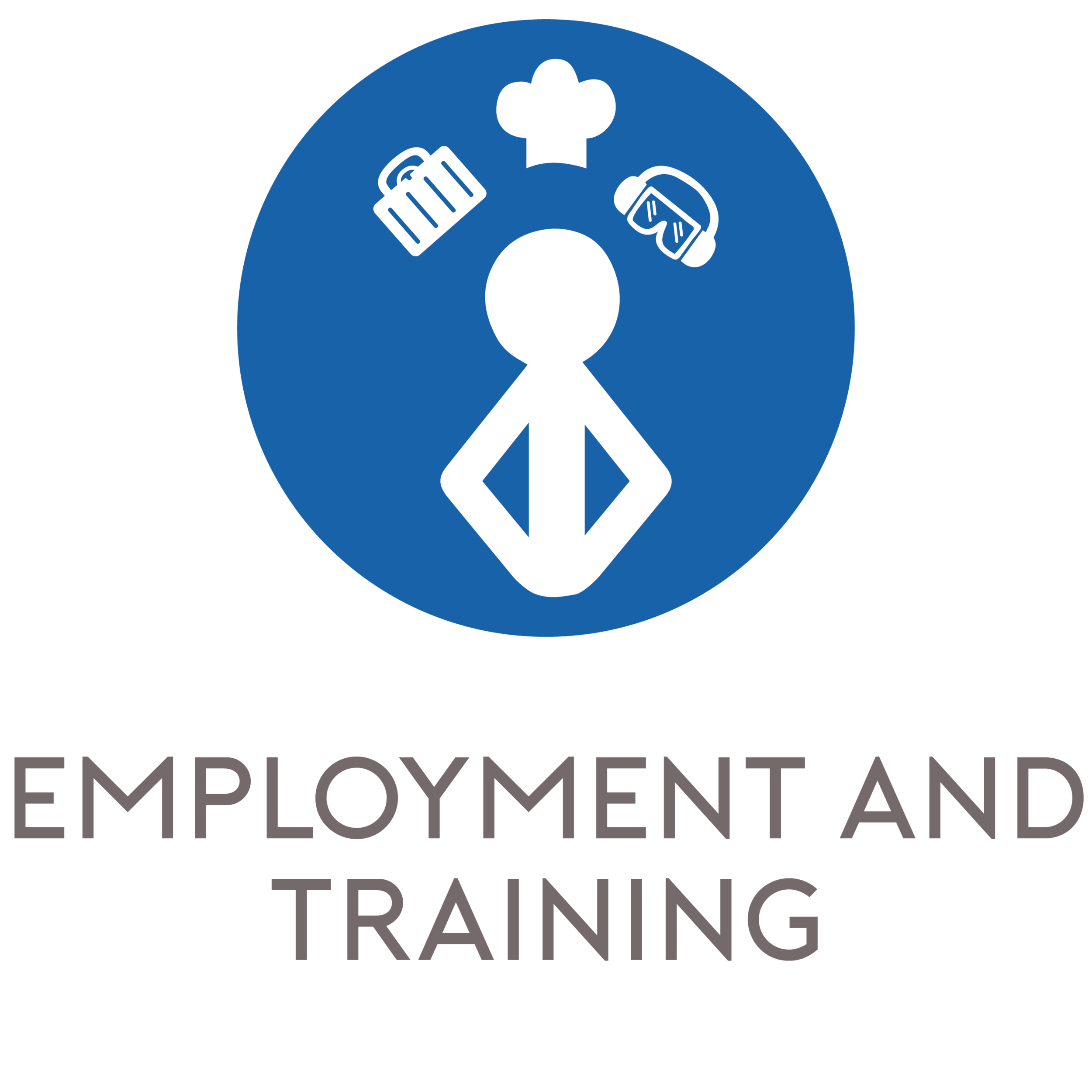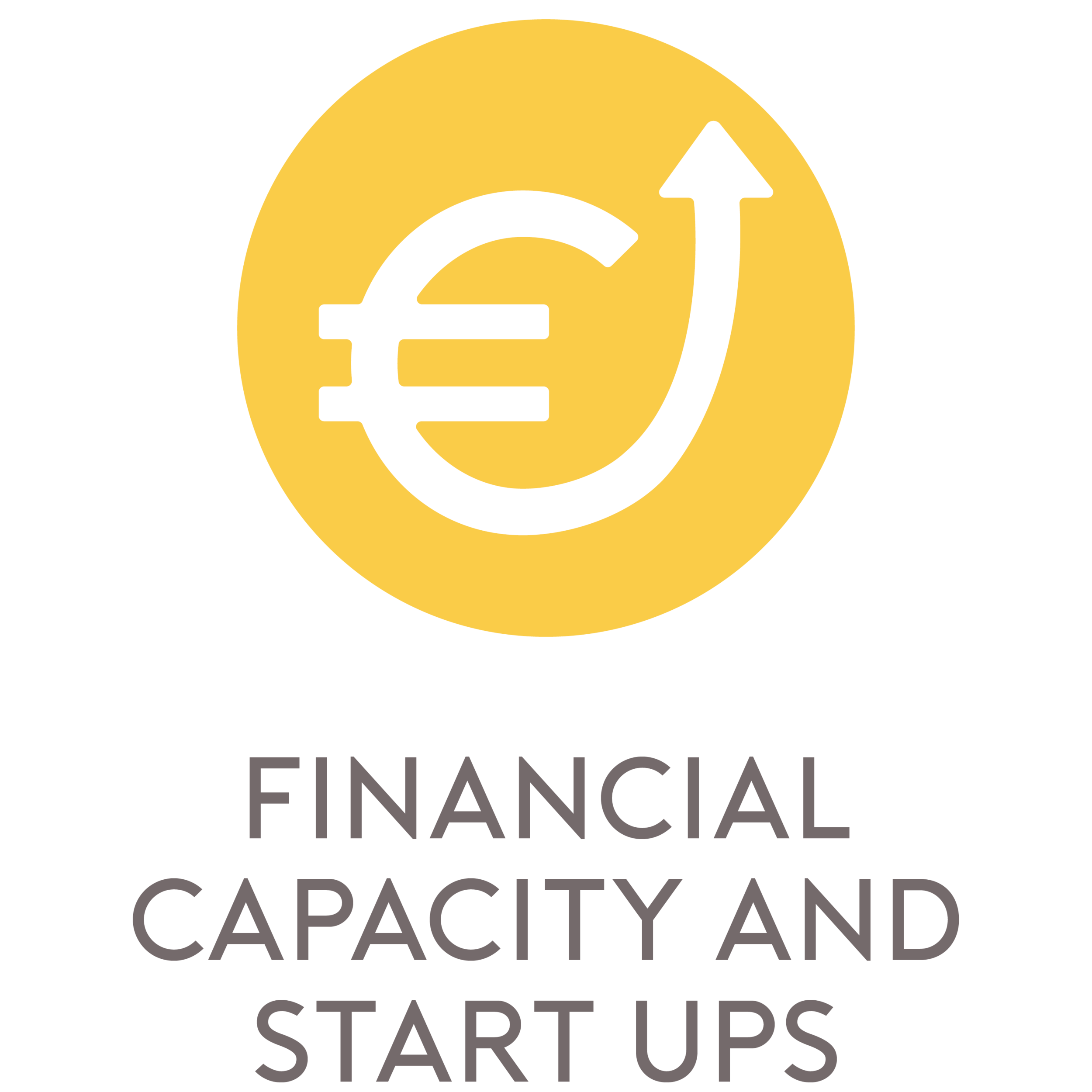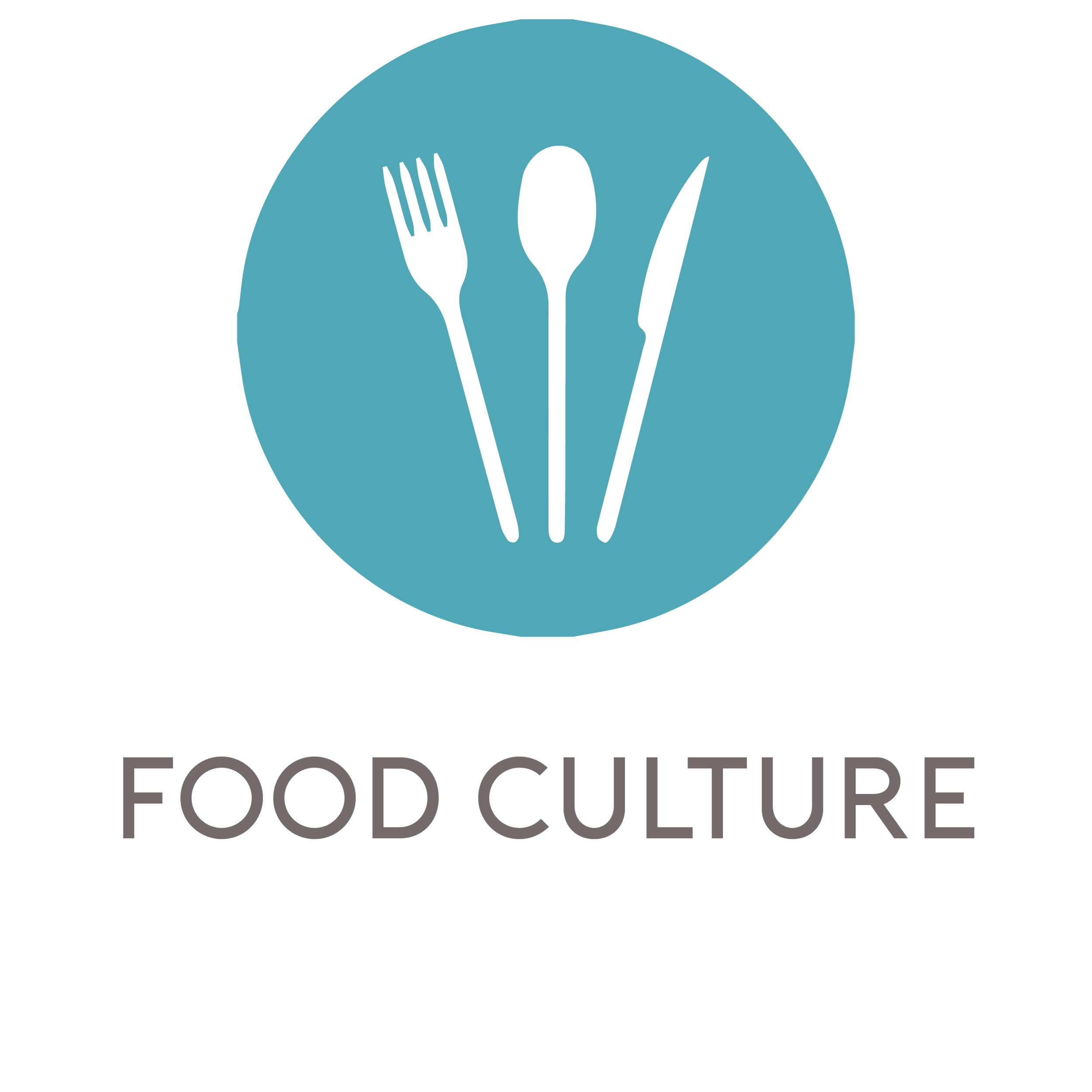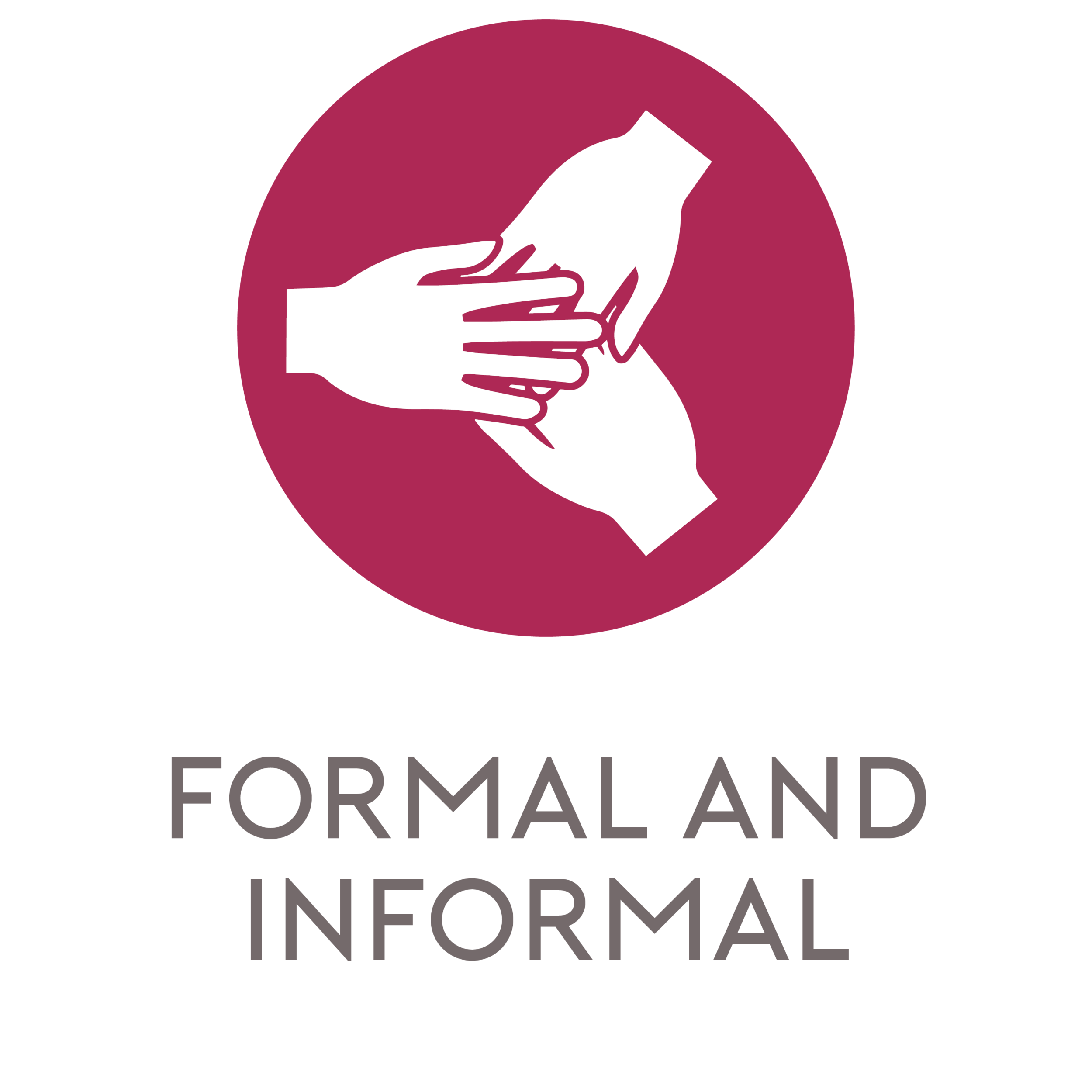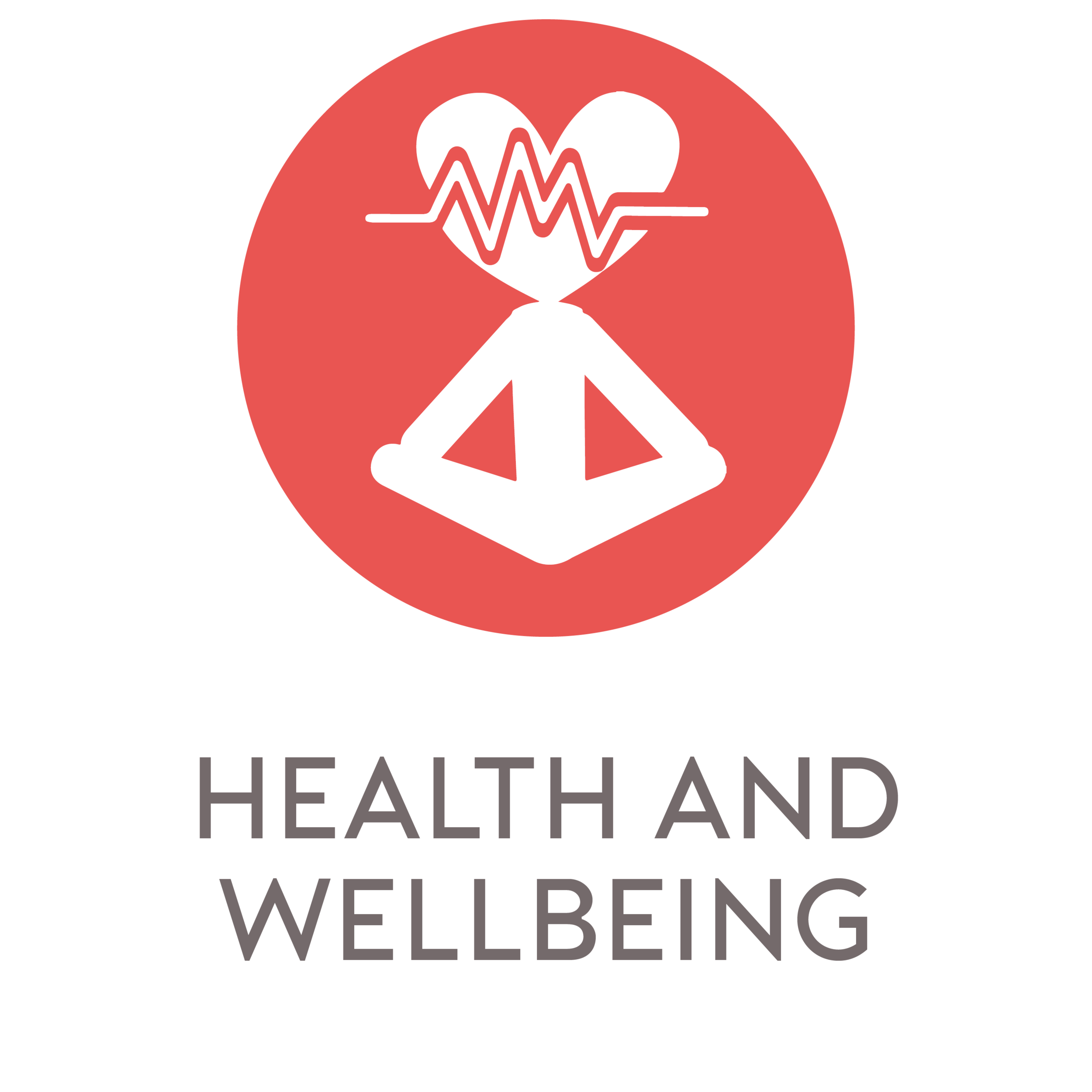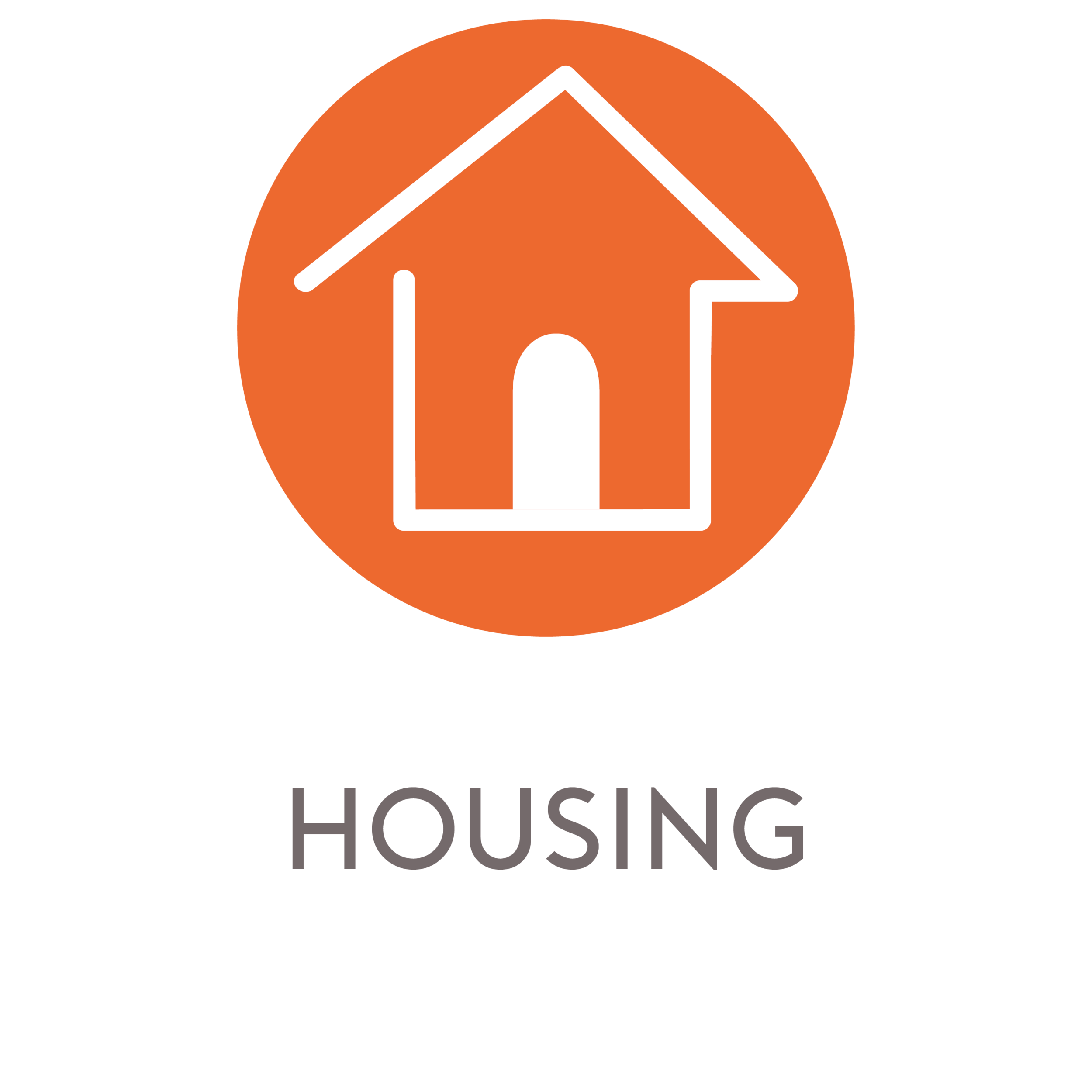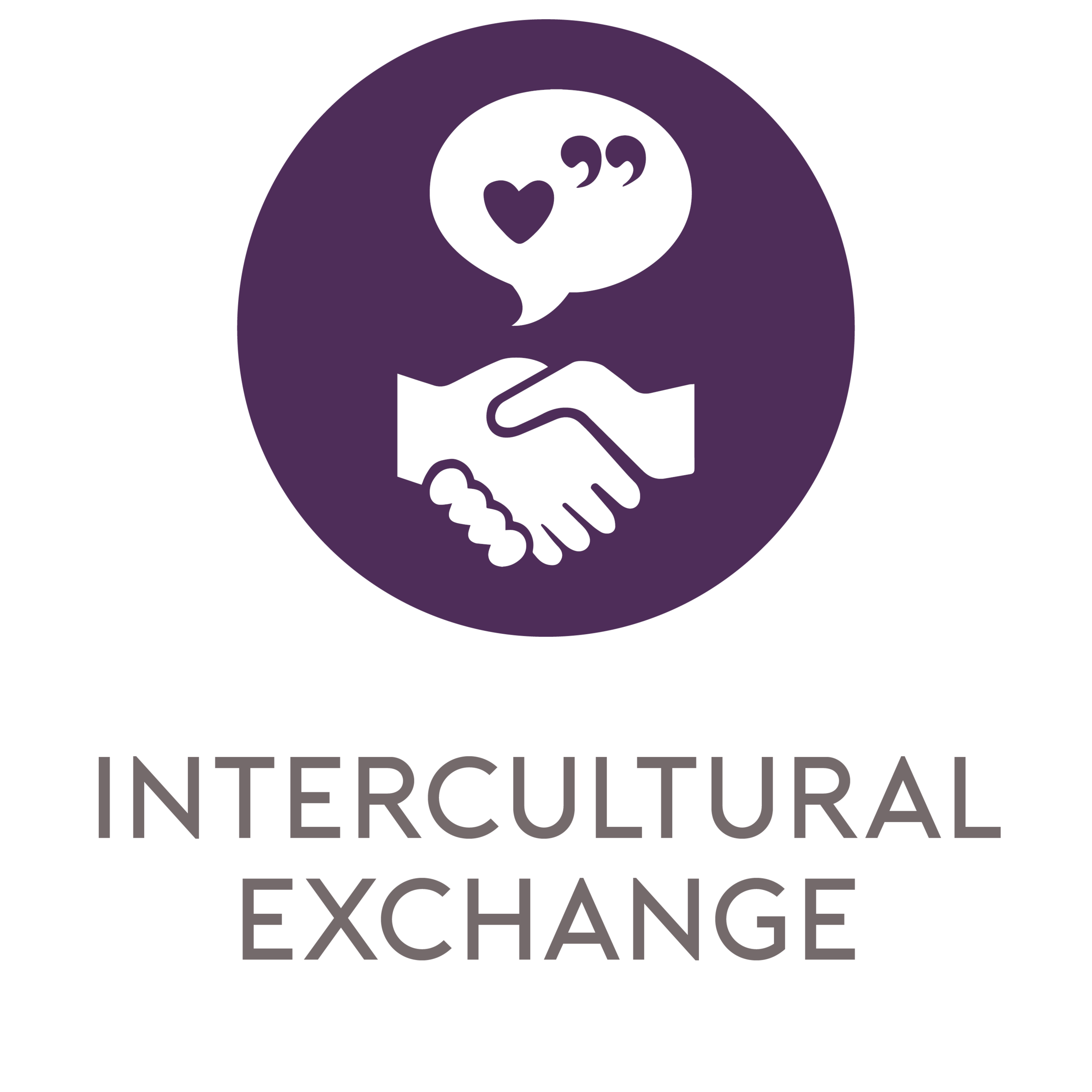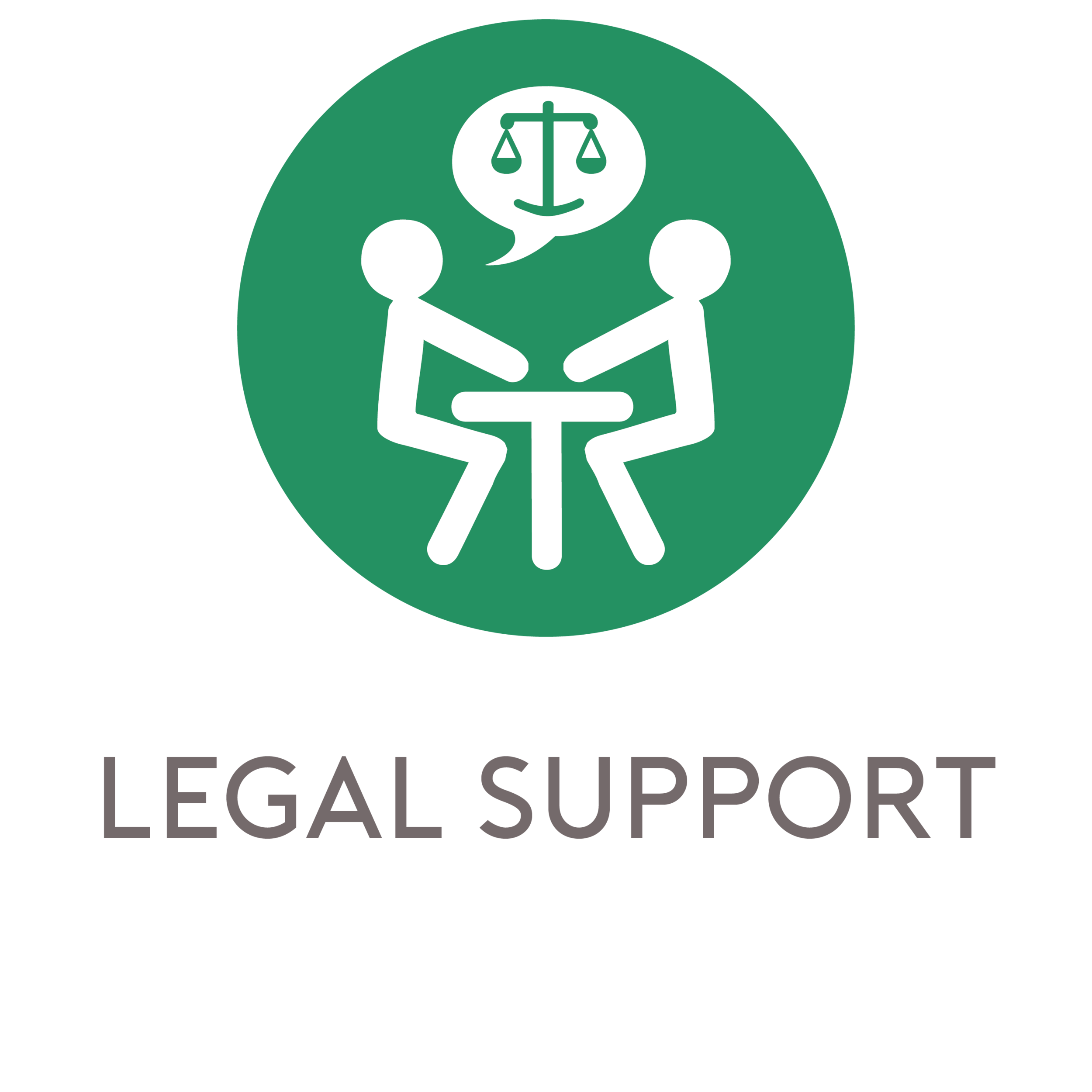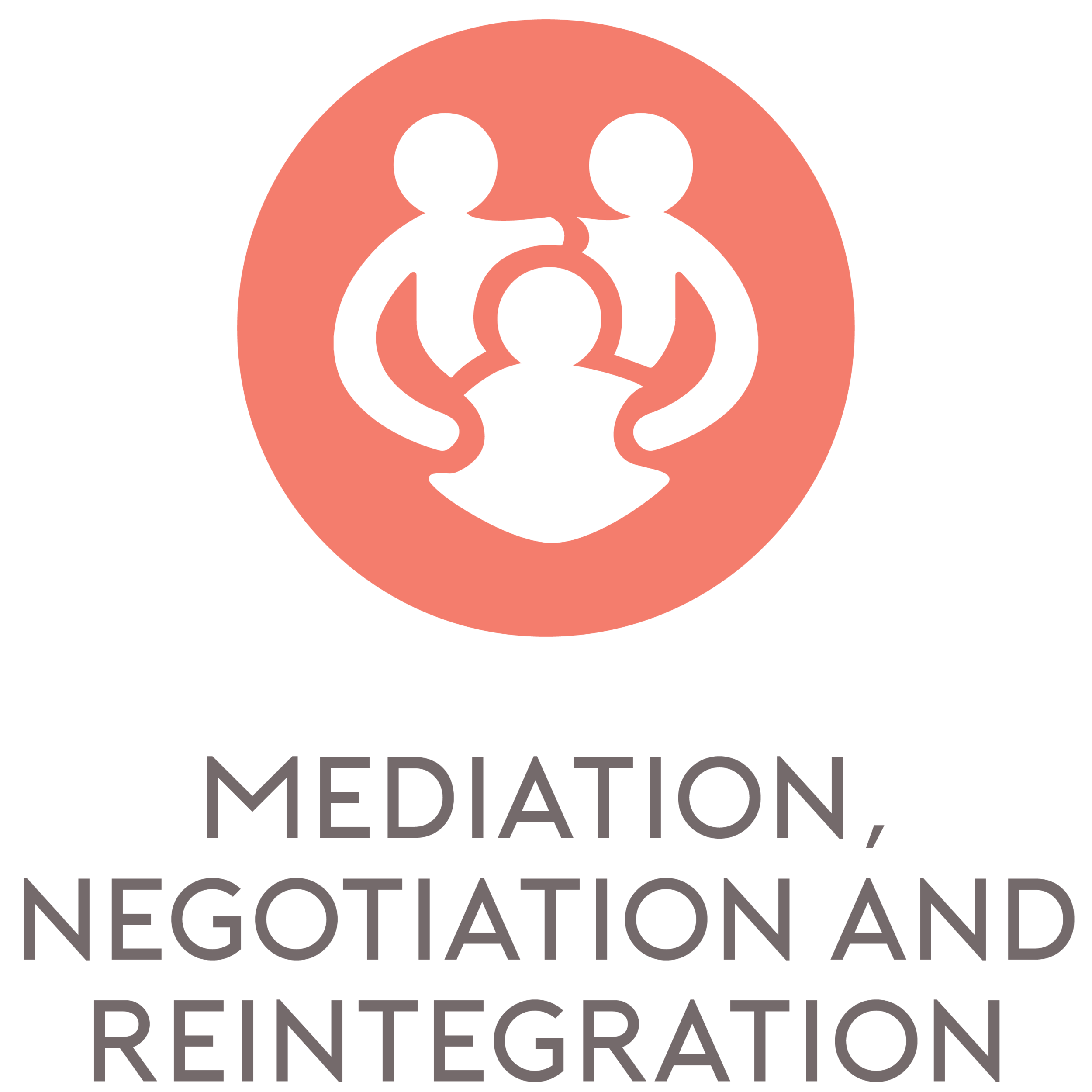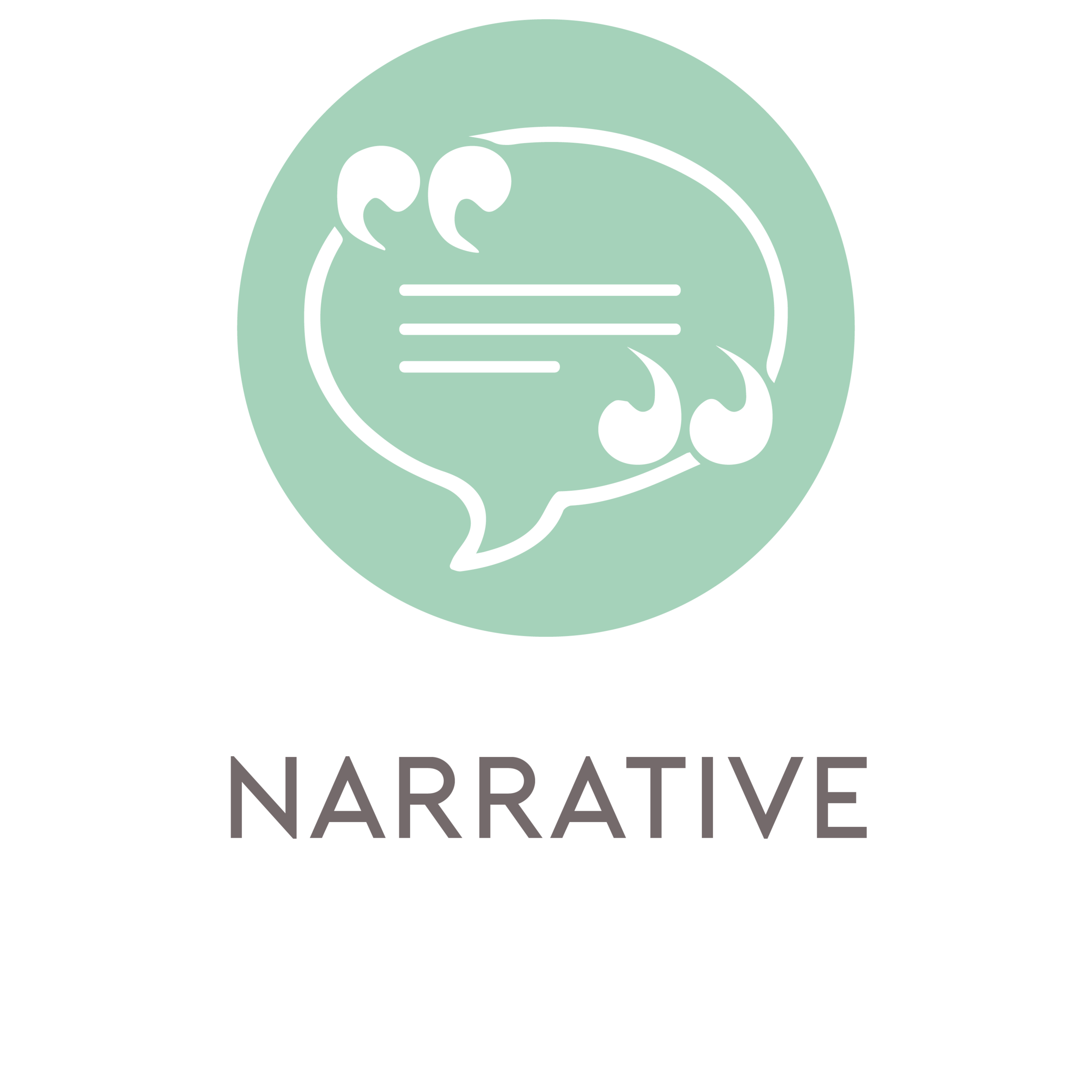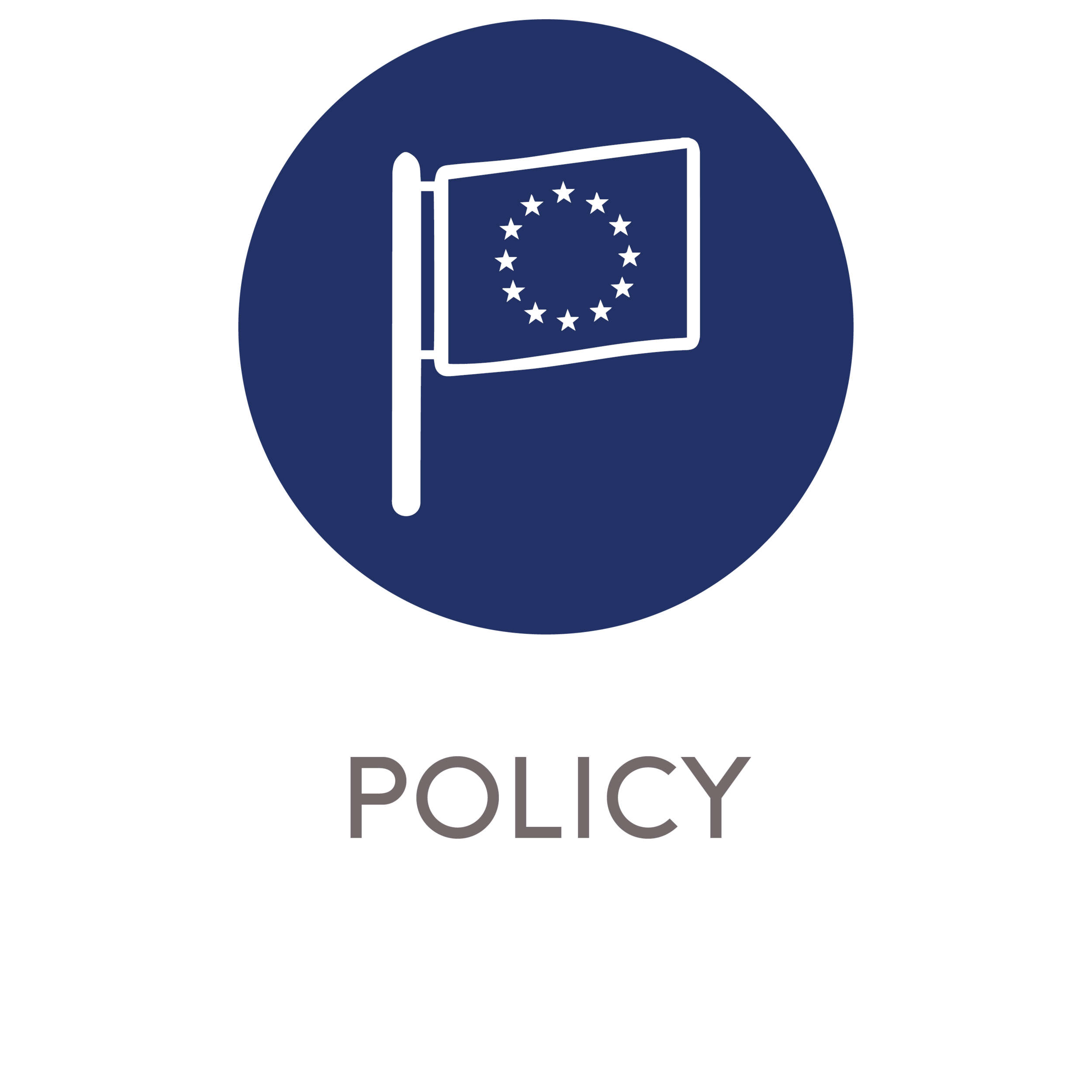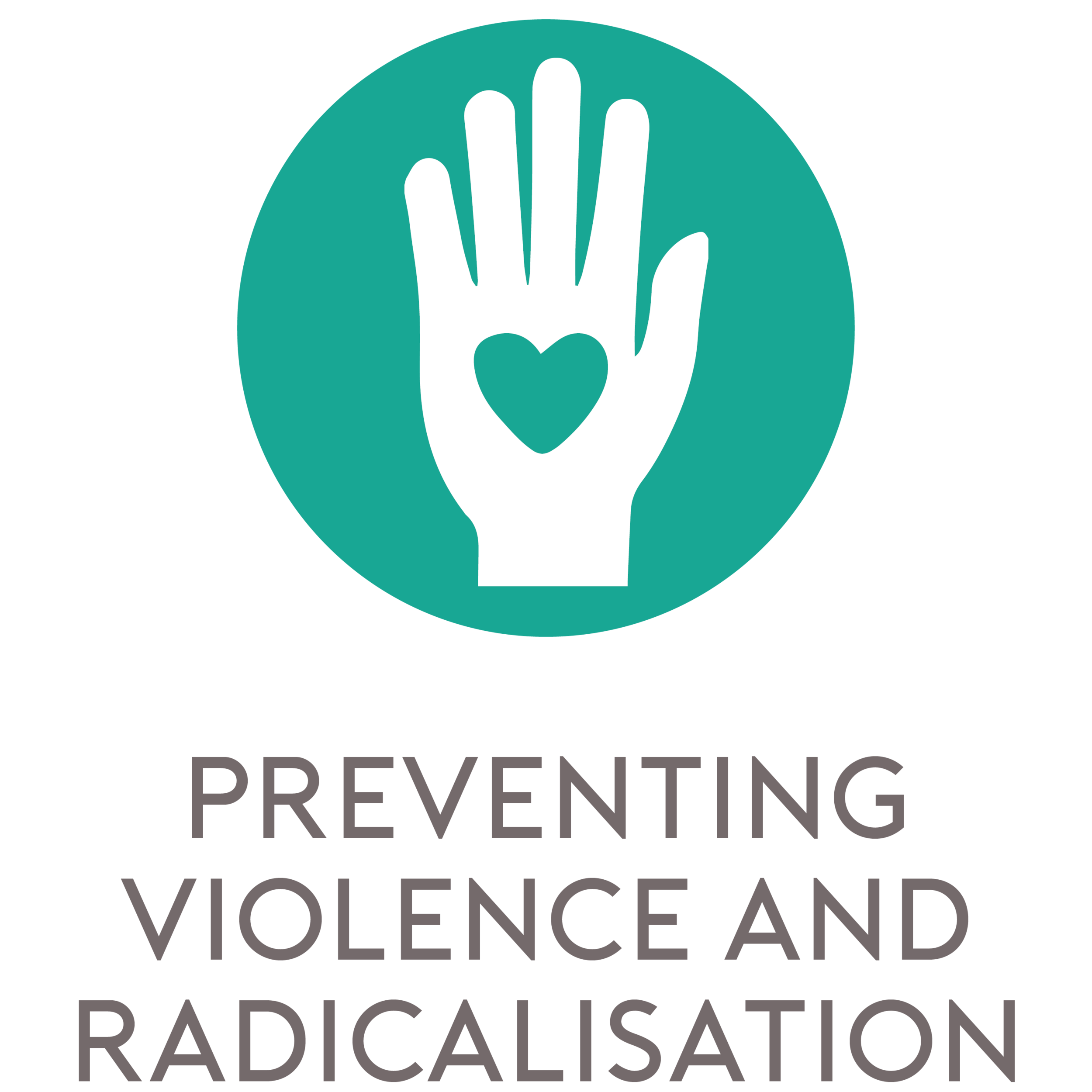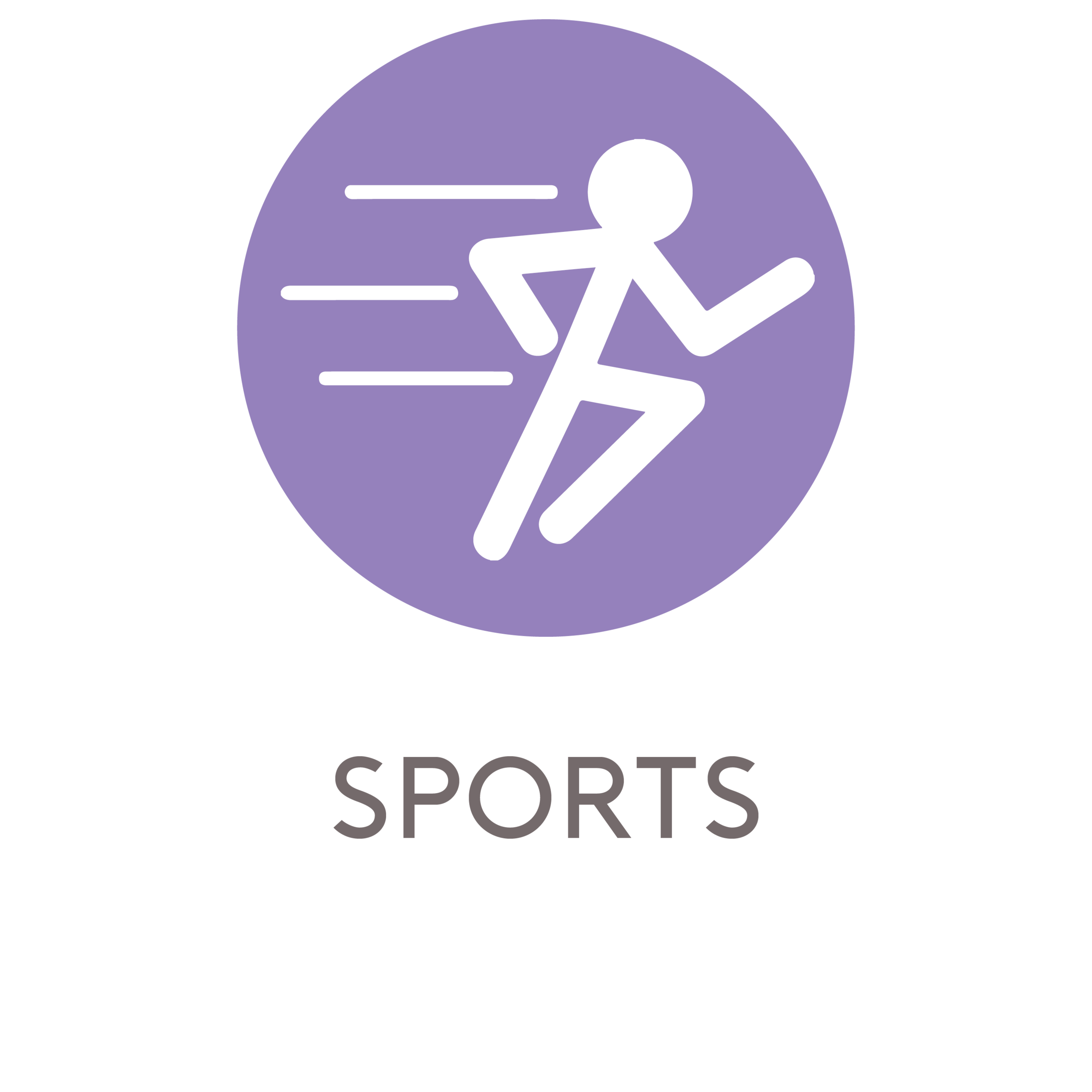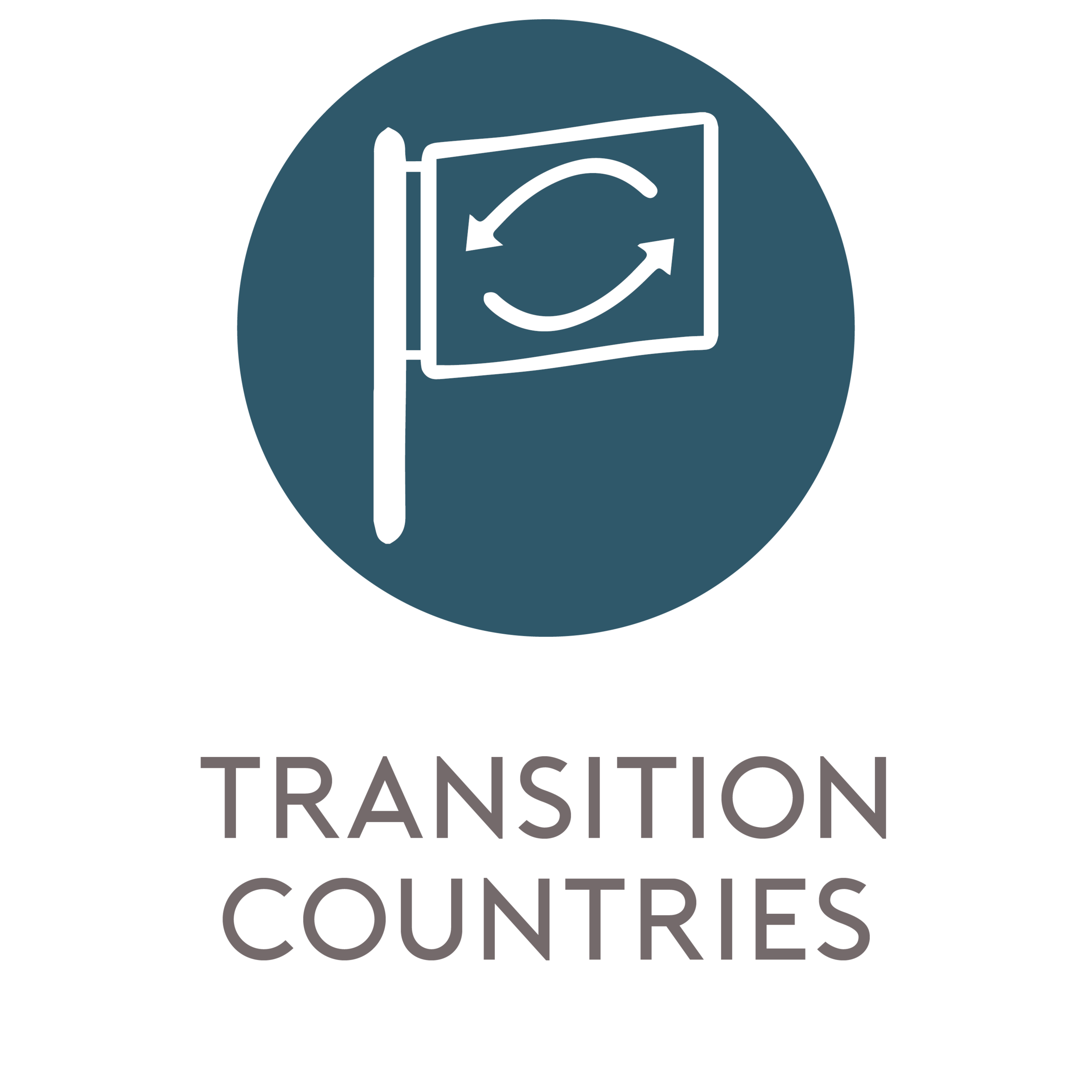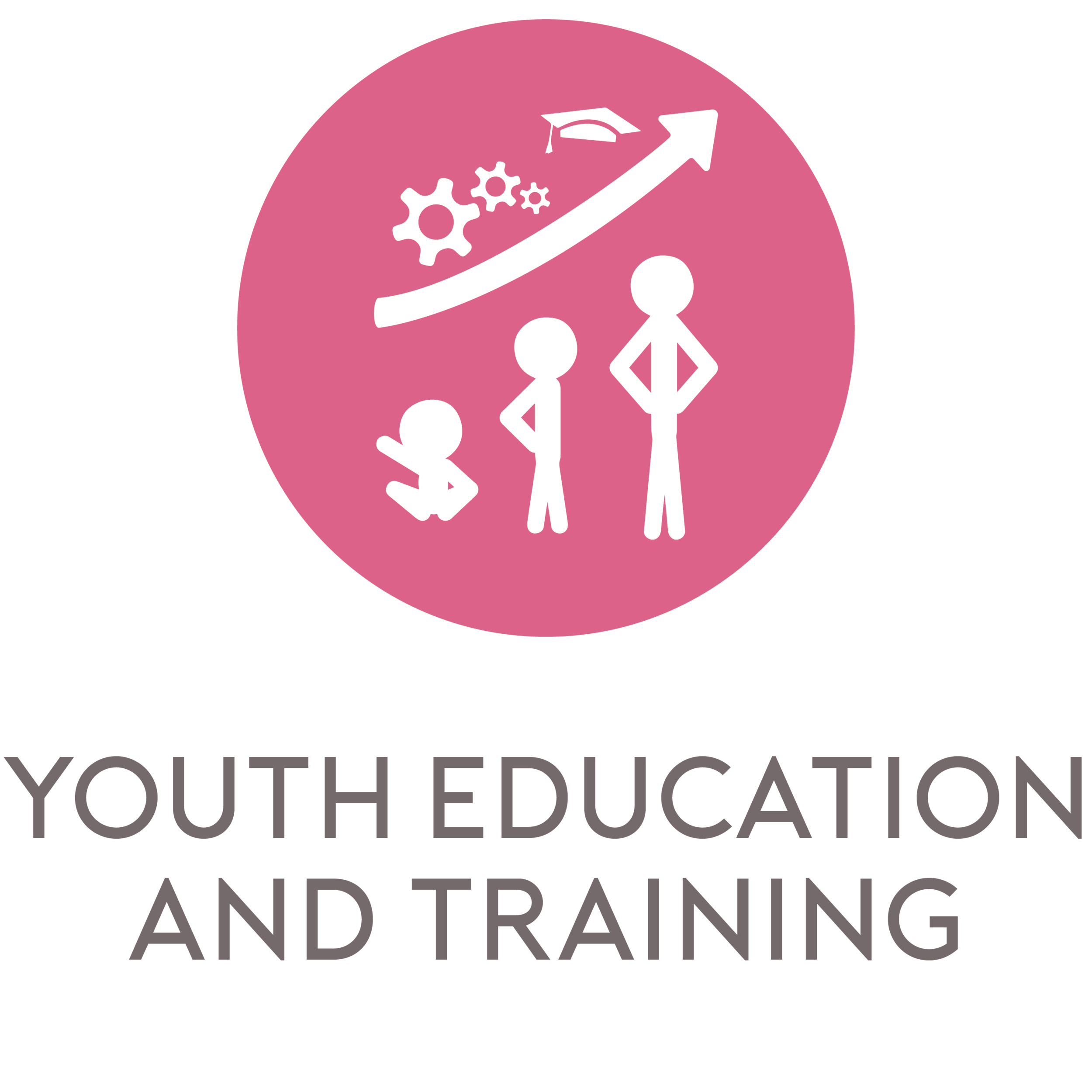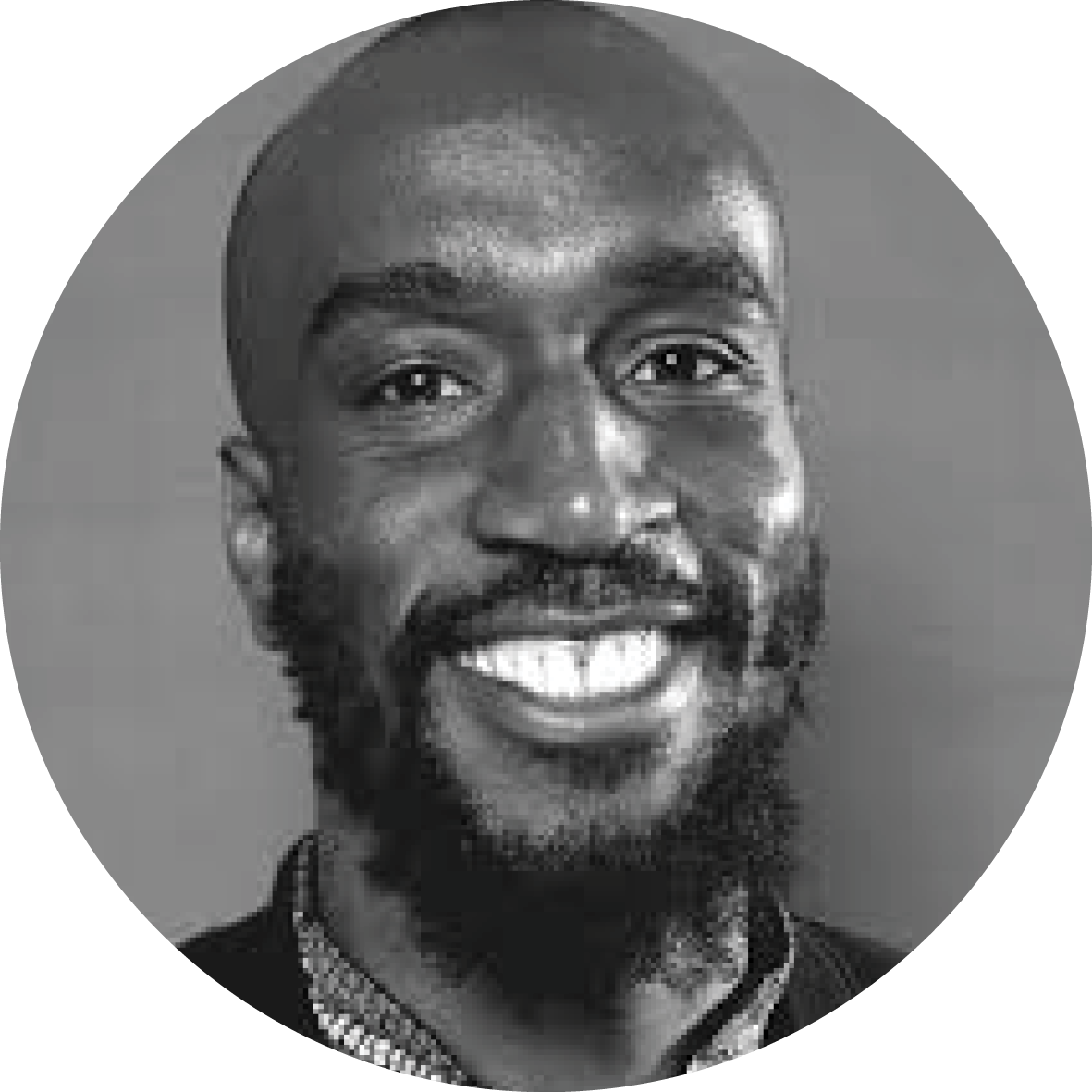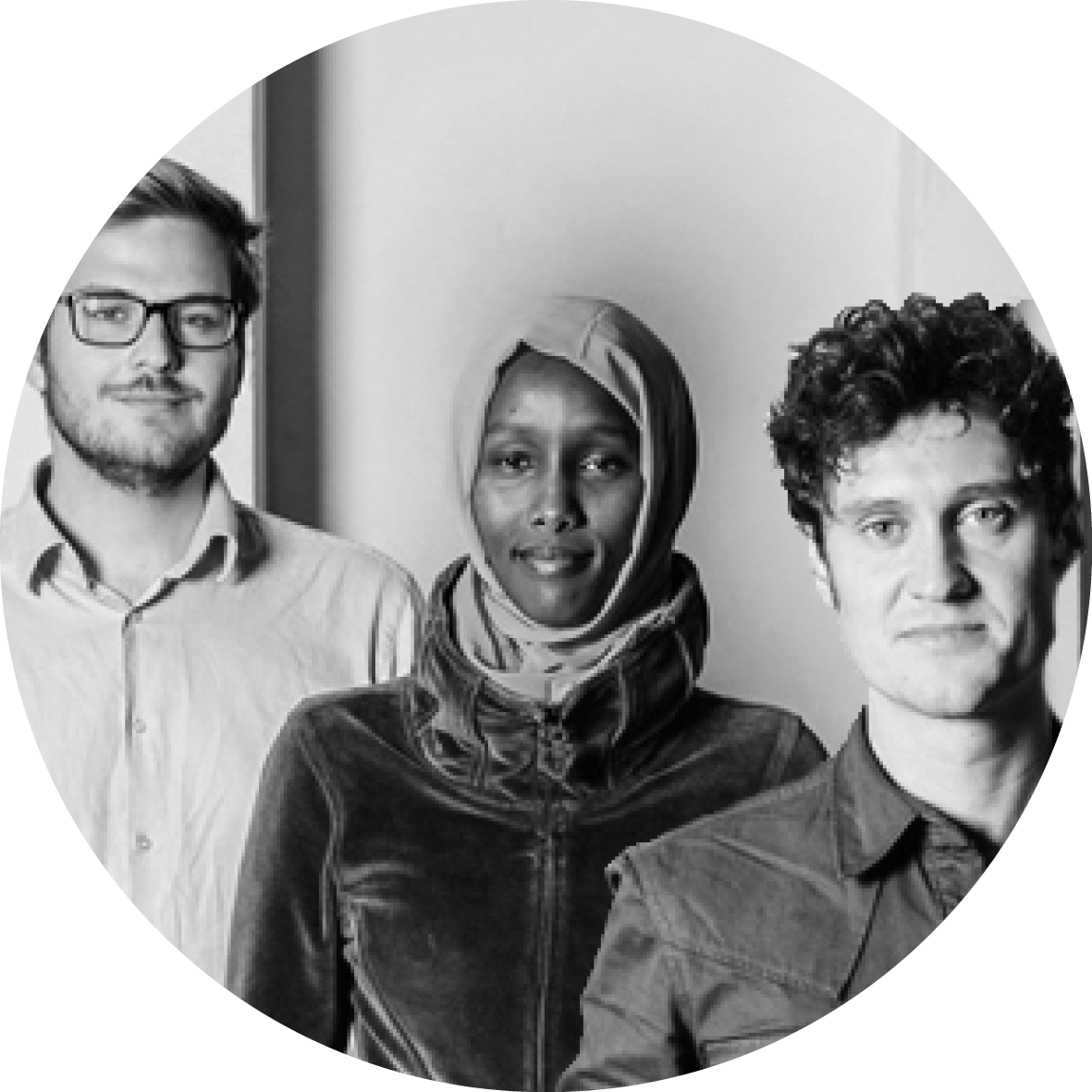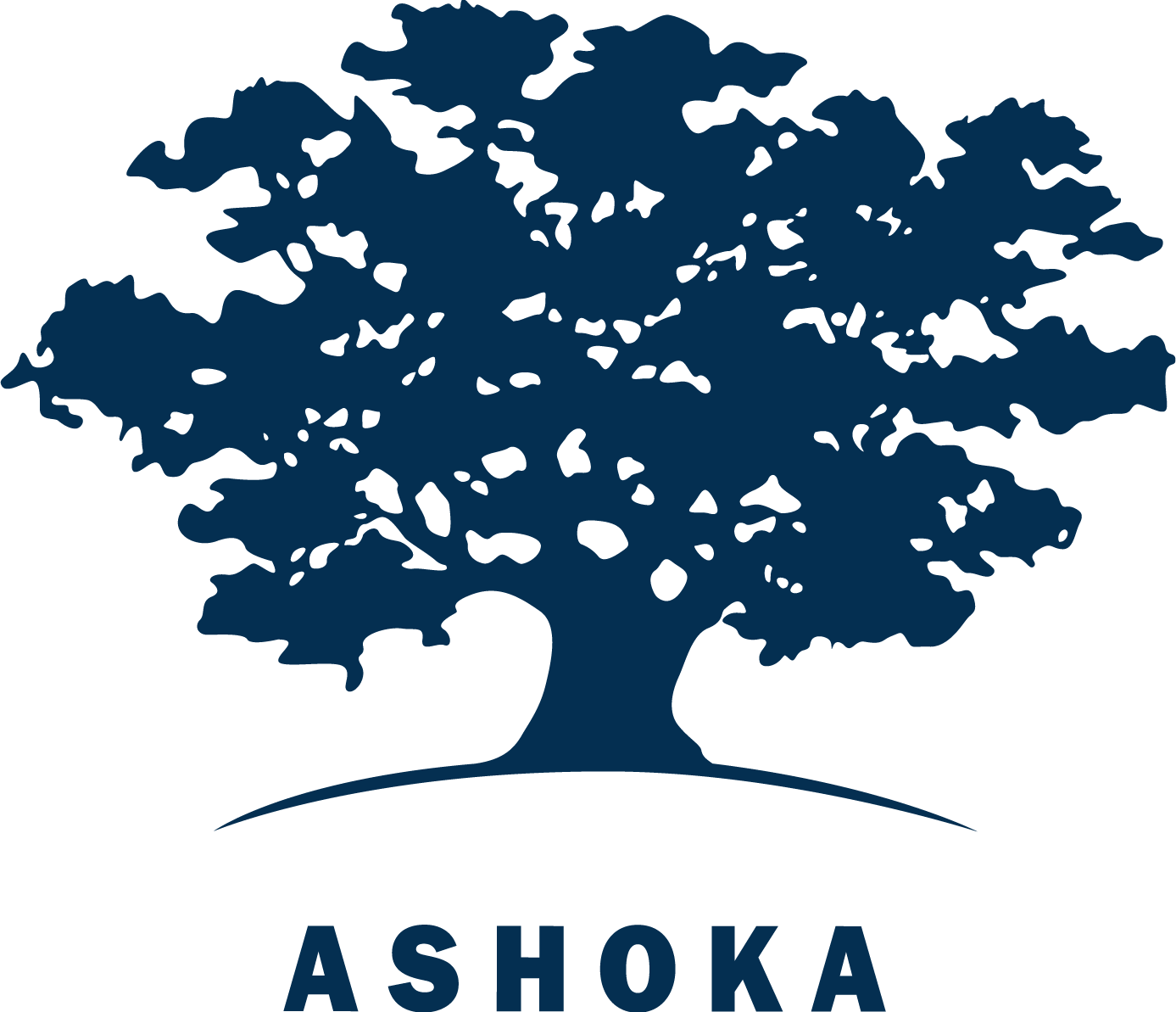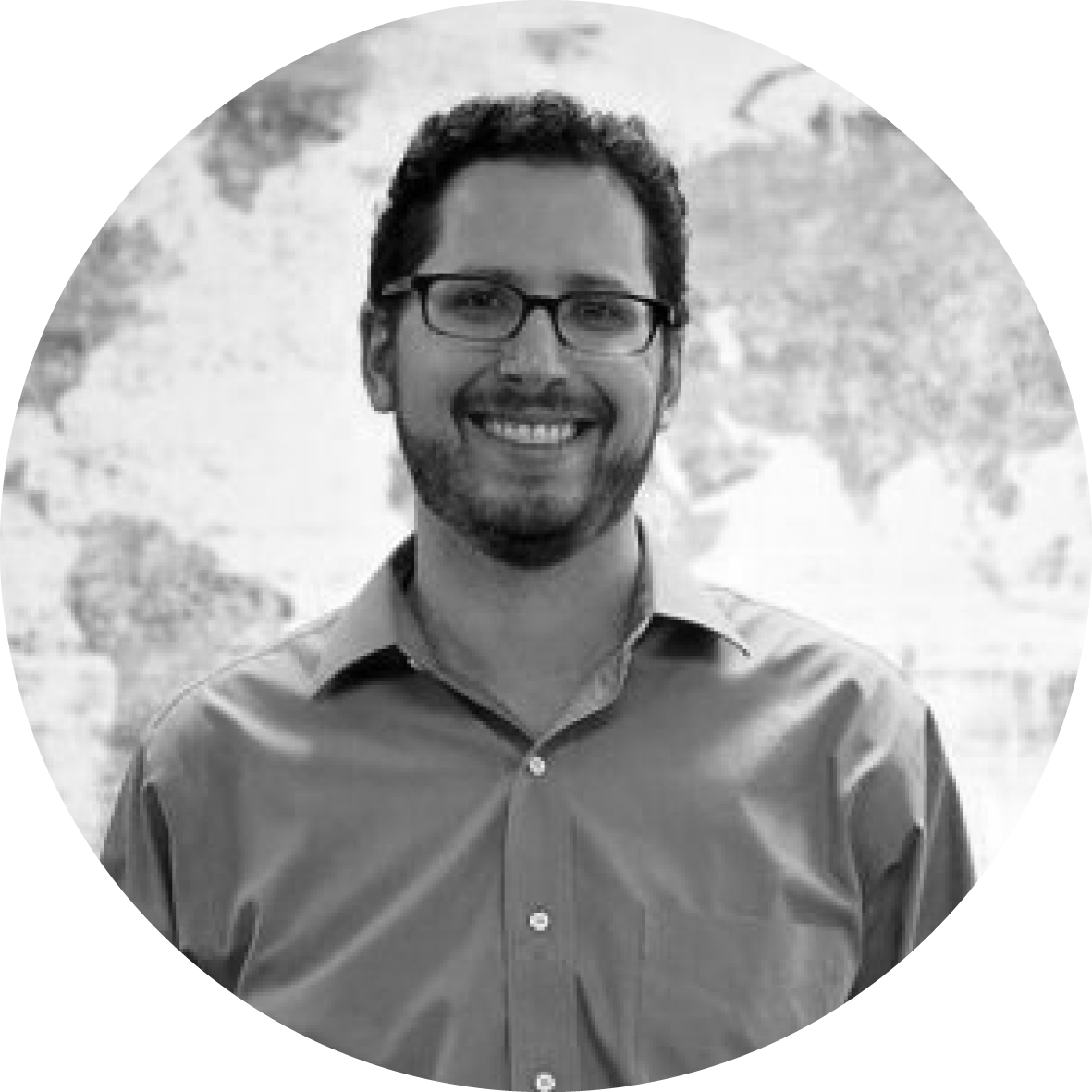+Portfolio of Solutions
―Formal and Informal Support Networks
Cascina Casottello
Modou Gueye
The Problem
Many neighbourhoods are facing problems of degeneration and abandonment, often leading to disadvantaged groups becoming segregated in a city. Due to this and a lack of education in multiculturalism, there are limited opportunities for the integration of migrants into local societies.
The Solution
At the start of 2016, the Sungal socio-cultural association and the Fate Artigiane cooperative won a public tender for the restructuring and upgrading of Cascina Casottello. This structure was acquired by the Municipality of Milan in 2013 with the aim of starting a territorial and architectural regeneration process. Through the process of this upgrade, the Sunugal association has managed to redevelop the area surrounding Cascina Casottello. Additionally, different people are brought together in activities organised in the building. The centre provides various services to newcomers and has become a meeting point for migrants of diverse backgrounds.
The Impact
Currently, around 2,000 people are registered at the centre. Cascina Casottello will continue to regenerate abandoned areas and transform these into neighbourhood centres, with the aim to change living conditions and fight segregation.
MyGrants
Chris Richmond N’zi
The Problem
The social problem addressed is the underemployment and lack of recognition of talents and skills of migrants. Many skilled migrants are all digitally literate and 60% of them can read and write in English or French.
The Solution
Chris Richmond, a native of the Ivory Coast, came to study in Europe and later worked for the European Commission. Dealing with an influx of migration and seeing the statistics regarding young people arriving on the European coasts, Chris designed an application capable of screening the skills and talents of these individuals through games and quizzes. The MyGrants app provides a six-month training course that prepares young migrants for a professional life. Upon the completion of the course, the candidate is introduced to various companies they could work for.
The Impact
The MyGrants app provides useful training and support for individuals to enter the job market successfully. Right now, thanks to MyGrants, there are about 25 new hires per week, and since 2017, MyGrants has made 950 placements in total.
SINGA
Nathanael Molle (Fellow)/ Alexandra Alden (Singa Spain)
Founded by Ashoka Fellow Nathanael Molle
The Problem
Every year, thousands of people are forced to flee their homes, cities, friends and countries to seek refuge in other countries. After a long and often dangerous journey, these men and women apply for the protection of other states. Unfortunately, even though they had no choice but to leave their homeland, they are rarely welcomed in the countries where they settle. The incoming flight migrants are often perceived as a cost to local taxpayers and as a potential source of social tension or unrest.
The Solution
SINGA is a community of professionals, entrepreneurs, artists, athletes, dancers, singers, students, or in short, a community of human beings. It brings together people who want to get to know and understand each other better and build a better society for themselves. The project develops a sense of community with migrants and local citizens, and as such helps further integration and change perspectives. The various SINGA programmes across Europe aim to organise and facilitate opportunities to meet others within the SINGA community.
The Impact
SINGA operates in France, Morocco, Germany, Italy, Belgium, Quebec and recently started in Barcelona. It has connected many people to facilitate change in the perspective of a population that mainly views refugees as a problem.
Speak
Hugo Menino Aguiar
Founded by Ashoka Fellow Hugo Menino Aguiar
The Problem
There are 258 million international migrants globally. Almost half of non-EU citizens (48.6%) living in the EU are at risk of social exclusion, resulting in difficulties of finding employment, housing and participation in local culture and social life. Local citizens are often informed by stereotypes and prejudice, leaving them to feel unsafe upon the encounter of ‘different’ people. There is a lack of opportunities to integrate, understand and empathise with migrants and this has sparked tensions between migrants and local communities.
The Solution
SPEAK promotes the organic emergence of communities in which diversity is valued and cultures are shared in a safe space through peer-to-peer meetings. Locals, refugees and other migrants meet through an online platform and are invited to share cultural experiences and develop meaningful bonds. The project brings together locals and newcomers with the aim of creating a sense of belonging. It allows participants to facilitate informal language learning environments and host community events that engage beyond local migrant groups. Through this network, newcomers obtain access to informal recommendations as well as guidance with specific needs and integration challenges.
The Impact
Up to date, over 5,700 people have participated in SPEAK events and more than 6,100 people have attended language sharing groups. Nearly 50% of the participants were internationals. SPEAK’s latest impact assessment reported a 15% increase in the sense of belonging of participants after 12 weeks. The report also noted that language was seen as less of a barrier in the integration process for 30% of those that took part in events and language groups during this time period.
Kiron Higher Education
Markus Kressler and Vincent Zimmer
The Problem
Not everyone has equal rights and access to education. Refugees and other migrants often do not have access to education in their home countries, and therefore struggle to find suitable jobs in their new places of residence.
The Solution
Kiron Campus is an online learning platform for underserved communities in the Middle East and refugees worldwide. The organisation empowers learners worldwide and equips them with the skills, tools and networks needed for future success. Kiron supports the fourth UN Sustainable Development Goal by enabling access to inclusive and quality education. Additionally, the platform is leading the way to find EdTech solutions for underserved communities. By providing opportunities for education and language learning, Kiron offers students the chance to thrive in their home and/or their host communities.
The Impact
There are more than 150 partners worldwide and over 6000 students enrolled in courses through Kiron. The platform has developed many digital tools for online learning and has played a large role in the lobby for the official recognition of online education.
“Back in Syria, I had always dreamt about studying computer science. Kiron gave me the opportunity to finally fulfil this dream.”
Welcome In
Mary Nally, Liam Carey
Founded by Ashoka Fellow, Mary Nally
The Problem
An increasing number of migrants moves to a new country with no or little language cognition of the language spoken in their new country of residence. Lacking a social fabric and language skills, migrants struggle to integrate.
The Solution
Fáilte Isteach (Welcome in) is a project initiated by the Irish volunteer organisation Third Age. The community initiative offers local communities of elderly volunteers the tools to further the integration process of migrants into their community. The curriculum consists of conversational English classes and introductions to practical information, local customs and culture. Older people are trained to teach basic English skills and are paired with a local migrant for regular weekly gatherings. The local community becomes a support system for the migrants in their new homes. Fáilte Isteach takes place in and can be introduced in pop-up classrooms in community centres, churches and common rooms across Ireland.
The Impact
Fáilte Isteach currently has 83 groups involving over 800 volunteer tutors that meet weekly with 2,700 migrant students across Ireland. For 10 years, the project has been taken on in cities, towns, and isolated rural areas of Ireland and more recently, it has moved to the United States, England and Germany. Its ambition to bring together elderly and migrants makes it adaptable to any country with an aging population and an influx of migrants.
Welcoming International
David Lubell and Vanja Panti
Founded by Ashoka Fellow David Lubell
The Problem
The recent influx in migration has caused unease and fear amongst long-time residents in communities worldwide. These fears are exploited by right-wing movements and foster a strong anti-migrant sentiment and unwelcome environment, hindering the integration process. Incomplete local integration of newcomers, due to a lack of local, multi-sector planning for demographic change and failure to listen to newcomers for the development of local policies lead to a decline in community cohesion in towns and cities experiencing growth in their immigrant and refugee populations.
The Solution
Welcoming International helps local communities adjust to and understand the benefits of demographic change. The project focuses on host community engagement; an approach that reduces anxiety and increases empathy among long-term residents in communities experiencing rapid growth in migrant populations. The project helps communities go beyond the typical “seed-focused” approach, and direct significant attention to engaging the native-born population in those communities where refugees and other migrants settle.
The Impact
Welcoming International, established in 2009 (as Welcoming America), works in over 160 cities and towns across the United States, supporting non-profits and local governments to transform their communities into inclusive places that allow everyone to thrive. A network of non-profit and local government members – currently in 85 US communities and including the US White House – is provided with intensive support as they develop plans, programmes and policies to transform their communities. After finding significant success in the US, Welcoming International is now scaling their approach to other countries, amongst which New Zealand, Australia, Germany, Spain, Portugal, Sweden and the UK.
Help2Day
Michael Blin
The Problem
There is little communication between existing projects and volunteer initiatives, which makes supporting refugees in their process of arrival and settlement more difficult. Additionally, there are a lot of people, organisations and companies that are wanting to provide help, but do not know what they could do or how.
The Solution
Help2Day is an initiative that aims to improve the communication between NGOs working with refugees, and the volunteers and supporters. Help2Day provides an online platform and app that help to allocate different resources more efficiently. The organisation aims to work with all major welfare entities in Austria, making the app a one-stop-shop for the management of free resources in Austria.
The University of La Laguna / Juntos en la Misma Dirección
Vicente Manuel Zapata Hernandez
The Problem
The island of Tenerife has a population close to one million, which has diversified significantly in recent decades due to increased mobility of populations. 20% of the island’s residents were born abroad, which presents serious challenges for social coexistence and cohesion, particularly with its high rates of unemployment. Tourism is fundamental to the local economy and this is best fostered in a favourable social environment, in which cultural diversity is not a source of conflict.
The Solution
The University of La Laguna and the Cabildo de Tenerife promote an island management strategy for cultural diversity called Juntos en la Misma Dirección, or ‘Together in the same direction’. This strategy has been the source of a wide range of activities with an intercultural approach aimed at promoting social coexistence. This strategy began as a project promoting the participatory definition of an insular framework of intercultural coexistence called ‘Tenerife lives Diversity’, and its success has been validated by all the political formations that constitute the Plenary Session of the Cabildo from Tenerife.
The Impact
Juntos en la Misma Dirección has promoted more than a thousand activities from autonomous work of its working groups between 2009 and 2018. Approximately 8,000 people participated in these activities. This is the greatest mobilisation across the Canary Islands that faces the challenge of social coexistence in an increasingly multicultural territory. Its positive results are endorsed by the Intercultural City Index of the Council of Europe, whose leaders point out that it is “the most extraordinary example of an integrated approach to diversity management”.
Habibi.Works
Founded by Florian Horsch and Mimi Hapig, Represented by Mimi Hapig
The Problem
While waiting for their interviews and the decisions within their asylum cases, thousands of men and women are stuck in a limbo for years, without access to formal education, to the labor market, to psychological support, to the society. The circumstances people have to encounter when living in a refugee camp create countless challenges on a practical and on an emotional level. Families who have been separated can’t function as a system of support, young adults lose the chance to receive a formal education and thus the perspective of living a free and independent future, people who suffer from mental health issues can’t begin to work on their well-being and the lack of income forces hundreds of people into precarious and non-formal working situations.
The solution
Within a context in which most doors remain closed for refugees and asylum seekers, Habibi.Works offers paltforms for education, empowerment and encounters. In 11 working areas, from a classic carpentry over a textile atelier up to advanced technology in our MediaLab, people living in the refugee camps of Epirus and members of the local community can build whatever it is that is lacking in their daily life, repair things that are broken, share knowledge, gain new skills, break the label of being helpless and take first, important steps of the integration process.
The Impact
Since the beginning of the project, Habibi.Works has accompanied more than 3000 persons (and thus indirectly improved the situation of up to 9000 people) in the period of their first 18 months in Greece. The impact of the project can be observed on the following five levels: Through offering free materials, tools, know-how and space to build or repair items that are needed in the daily life of the target group, Habibi.Works has massively contributed to the improvement of people’s living conditions. On a second level, Habibi.Works offers access to non-formal and informal education for people who are, for various reasons, excluded from or unable to attend formal education in Greece, allowing them to follow up on topics and fields of their interest in which they gain skills that will facilitate their future entry into the labor market. On a third level, Habibi.Works has a huge impact on people’s mental health and well-being. In Habibi.Works, people can get rid of the label of being a refugee, of being reduced to this one aspect of their biography, and be carpenters, IT epxerts, designers, chefs and many other things again. The feeling of achievement on a daily basis and the opportunity to redefine their own identity is a crucial element of empowerment and well-being. On a fourth level, Habibi.Works is a welcoming platform for people from many different countries, bringing together and creating a community among people from different African, European, Asian countries and Greece. Besides these four levels of impact on the ground, Habibi.Works is raising awareness all across Europe for the challenges people in Greece are confronted with, but also for their resilience and their talent and for the fact that they could be an enrichment for our society if we created structures that allowed them to integrate.
Hestia Hellas
Founded by Lauraine Velez and Dimitris Basoukos
The problem
The majority of asylum seekers experience highly complex trauma in their home country, en route to Greece and while awaiting asylum. Greeks also hold trauma through years of economic crises and more recent natural disasters. In addition, access to Greek public health services is underdeveloped and overburdened. Lauraine Velez and Dimitris Basoukos, Hestia’s founders were working with refugees in Greece and identified gaps in the provision of psychosocial support, livelihoods and integrative services that particularly excluded Greeks. Hestia sought to allow Greeks and asylum seekers access to a safe, supportive and community-focused environment where integration is possible.
The solution
Hestia Hellas is a community-based mental health and psychosocial wellbeing centre that tailors integrative and traditional therapies to vulnerable Greek and asylum-seeking families. Founded in 2017, Hestia Hellas was one of the first NGOs to provide job support in Athens and is currently the only NGO in Greece that serves Greeks and asylum seekers and tailors a range of therapeutic interventions to the individual, focusing on mind-body and creative arts therapies. The goal is to self-empower members by providing tools to manage their symptoms and build community. In addition, Hestia has Child friendly spaces that focus on building social and emotional skill development, self-regulation techniques in safe learning environments and provides family support groups and parenting workshops on positive parenting, nutrition, stress relief, early childhood development, and skill building.
The impact
The success of a mental health intervention is a long-term, sustainable solution with long-term results. The tools provided to community members can be useful throughout their lives. Hestia allows survivors of complex trauma to trust again and bring pieces of themselves back together to lead normal and productive lives. Since 2017, Hestia has helped more than 2000 individuals using traditional therapies. They focus on establishing relationships built on trust where the community is encouraged to actively participate in building a community center that supports their development and emotional health.
HeterArt
Founded by Anna Vafiadou and Anastasia Karoussi
The problem
There are over 1.000 unaccompanied minors are hosted in shelters in Greece. ‘Gifted underachievers’ aged 16 -18 are unable to perform and develop skills.
There’s a gap in both mainstream education and the integration system regarding alternative practices.
Both local and refugee kids are marginalized and the loss of trust causes fragmentation.
The approaches in place fail to find a common language and ways to bring together these communities in a meaningful way.
The solution
Art, as a social buffer, eliminates shocks and crashes, smooths out the edges and blends paces.
HeterArt re-invents routes of communication, building bridges between people and cultures by using existing affordable resources, flexible and scalable tools, co-designed by youth and based in their common narratives and their need to express without words.
HeterArt’s educational program awarded at Hack the Camp (Dec.2016):
Merge science and art perspectives and the transition of the society.
Suggest innovative methods to help increase soft skills development
Propose workshops which drive critical thinking, creativity and adaptability
Identify solutions to ensure equal access and inclusion to quality education
The Impact
Drawing a framework of intercultural communication, HeterArt focuses on strategies used to bring together a diverse range of stakeholders to work on solutions.
Created Art2Tech, an R&D youth team, 30 case studies and more than 10 workshops Most of the beneficiaries managed to have at least a relevant part time job within three years.
Launched Lost in Jazz, an audience development project and Piano4all a kin-aesthetic approach of using piano as a communication tool.
Initiated a Cultural dialogue between Nordic countries and Greece.
Co-created Small Buddies a CSR-SDGs advocacy game.
InterVolve / Irida Women’s Center
Founded by Chloe Kousoula, Represented by Christina Calbos
The Problem
InterVolve was created in response to the growing needs of refugees and asylum seekers arriving in Greece in unprecedented numbers. After a year of emergency response, InterVolve recognized the necessity to invest in long-term sustainable solutions for a portion of the population being provided with little resources and opportunities: refugee women.
Women represent almost half of the 244 million migrants and half of the 19.6 million refugees worldwide. Displaced women and girls face specific challenges and higher protection risks in transit, including family separation, psychosocial stress and trauma, health complications, Physical harm and injury, and risks of exploitation and gender-based violence. Women also often serve as the main caretakers for children and family members. While women hold infinite potential and far-reaching impact within their communities, few support systems were in place to empower refugee women in creating community, accessing the labor market, and integrating into local society. Furthermore, there are even fewer initiatives that open their doors to refugee and Greek women alike, creating cross-cultural interactions and multicultural support networks.
The Solution
In January 2018 InterVolve created Irida: a safe, welcoming, participatory space where women have a voice, a sense of ownership, and the opportunity to receive information and support. Irida is also the only women’s community center in Thessaloniki. At Irida, women have a chance to make social connections and build community; to bond, to develop, to thrive - all in an environment of safety, trust, and diversity. Additionally Irida wholistically supports women and their families by providing child support through collaboration with a partner organization: Refugee Trauma Initiative.
The Impact
Since opening, Irida has registered over 350 women from over 12 countries.
Their programming has developed into providing Greek and English language courses, French and Arabic literacy for native speakers, art, movement/fitness, sewing, crafts, beauty/self-care, woodworking, computer classes, life skills, and one-on-one job search and CV writing support. Additionally, they have provided over 20 unique workshops such as photography and massage therapy. Their community has taken part in and hosted community-wide events, as well as visits and excursions to museums and significant landmarks throughout Thessaloniki. Since joining Irida, several of our members have been able to enroll in higher education and receive job offers.
Office of Displaced Designers
Founded & Represented by Shareen Elnaschie
The Problem
Lesvos has been an important landing point on the European migration route for those escaping war-torn countries and has seen high numbers of new arrivals to the island. The influx of refugees and migrants has put strain on an already struggling economy. There is widespread suspicion surrounding the humanitarian response and their motivations, and multiple levels of resentment. Relations between the two communities are strained, with poor communication and a distinct lack of cultural understanding. There are limited opportunities for employment or connection between communities, and we see that as an opportunity.
The Solution
Office of Displaced Designers is a design focused creative integration agency that utilises design to bring diverse people together to share skills, undertake research and co-create a more equitable and inclusive society. Our activities focus on the built environment, protection issues and cultural understanding, which we explore through a variety of design disciplines.
The majority of those we work with are displaced. However, we ensure that our programs are offered equitably to both the displaced and host community. Our studio serves multiple functions for co-working and hosting events and exhibitions. We strive to elevate the work of participants and challenge common perceptions of who a designer or artist may be, and who is a refugee.
The Impact
Since establishing in 2016 we have directly engaged more than 1200 individuals through approximately 100 collaborative workshops, trainings and events. Thousands more have enjoyed the works created. Participants are connected to a network of creative professionals and are supported to develop portfolios of work in order to access further education and employment. Improved mental wellbeing and increased confidence are regularly cited as additional benefits.
We have worked with diverse international partners including Danish Red Cross, the International Federation of Red Cross, metaLAB (at) Harvard, and Oxfam.
SAM CUTS BARBER SALON
Founder, Segun Akeju
THE PROBLEM
As Poland is a mostly homogenous country many people have a hard time finding make-up, beauty and hair products or services that fit their specific skin color or hair type. Additionally, few hairdressers or barbers are trained in cutting and maintenance of non-European hair types and styles.
Another problem which this initiative deals with in a more informal way is the lack of help for migrants who often work illegally, have trouble legalising their stay, getting work permits and need help with taking care of all the documentation. There are limited resources for migrants to access when they are in such a situation, so they often ask more experienced foreigners for support.
THE SOLUTION
Sam opened his barber shop in the center of Warsaw in 2016 and has been a very successful business since. His clients consist mostly of migrants from countries such as Nigeria (where Sam himself is from), India, Zimbabwe, Ethiopia, Vietnam, Oman, Iraq and Ukraine, but also Poles. Sam provides a service, which is not easily available in Poland and is known for his great skills and helpful demeanor. His clients often ask him for help with legalising their stay, work and studies as Sam has been through this same experience. He does what he can to create a positive and welcoming environment at his salon and wants to help those who are on the same journey he once was.
Sam would like to expand his barbershop and hire more migrant barbers as well as branch out into selling hair products for non-European hair types which are not easily available in Poland.
THE IMPACT
“Sam Cuts” is located in Śródmieście district, a prime location in the center of Warsaw. Additionally, Sam also provides at home barber services. His salon allows migrant men to easily take care of their appearance by being able to trust someone trained in caring for their hair types. The salon helps close the gap in services catered towards non-European inhabitants of Poland. Such places make migrants feel more welcomed and provide a sense of community. Sam builds a safe space where migrants, mostly men from countries such as Nigeria, India, Zimbabwe, Ethiopia, Vietnam, Oman, Iraq and Ukraine, but also Poles can talk together, and feel a sense of community.
“ZAWARKA” CLUB
Founders Anastasiia Sergeeva, Anastasiya Grigorash, Maria Charmast
THE PROBLEM
The initiative tackles the problem of integration between migrant and local children in Poland. Often times migrant kids are poorly treated in schools because of their language, different origin, appearance or culture. There are not many places dedicated to closing that gap and simultaneously teaching migrant children about the history and culture of their home countries. The lack of such a place makes it difficult for children to feel comfortable with their own identity while also integrating and adapting to living in a different culture. Adults face a similar issue – they often struggle to find a place where they could get help, share their experience and meet other people of similar backgrounds.
THE SOLUTION
Zawarka is a club in Warsaw for Russian-speaking children and their parents which offers an array of developmental and integrative classes and activities for kids and social meeting for adults. Children who do not speak Russian are also welcomed to join the Club and learn. Zawarka offers language, literature and history classes as well as organising multicultural meetings, concerts and events.
The aim of the Zawarka Club is to help migrant children better integrate with host communities while also feeling comfortable with their own traditions, values and identity, as well as provide a supportive community for adults. The Club is a space for migrants to connect and celebrate their cultures, while promoting shared democratic values.
THE IMPACT
Zawarka Club was founded in Warsaw in 2016 and since then it has offered many classes for migrant children. It has supported the integration of many families in Warsaw. The next step for Zawarka is developing a non-profit social franchise system, which would allow more branches of the Club to be opened in different cities in Poland, where there need is even greater.
Embark Project
Nuha Boğa and Serra Titiz
The Problem
Turkey hosts the world’s largest refugee population with 3.6 million Syrians, who are likely to stay in the country permanently. These refugees, many of whom are young, bring important talents and potential contributions to Turkish society. However, this opportunity is generally lost due to lack of spaces and initiatives to connect refugees with key local stakeholders who can provide support and guidance, while also better understanding and getting excited about the skills they can contribute to their new context.
The Solution
Embark is a unique initiative in Turkey that connects talented Syrian, Turkish and migrant youth with successful business leaders to exchange ideas, develop understanding, increase their employability, and build meaningful connections.
The Impact
Embark project has reached 20 youth mentors, 20 business leaders and more than 50 youth through trainings since 2018. New project editions have been launched with the support of the European Bank for Reconstruction and Development (EBRD) to increase the employability of Syrian, Turkish, and migrant youth and to boost efforts in economic inclusion, integration, and social cohesion.
Barcelona Actua
Laia Serrano
The Problem
Upon arrival, many migrants and refugees in Spain face serious challenges, including learning the language, developing social ties, connecting with formal and informal support networks, in addition to the difficulties in securing dignified housing, employment and fulfilling paperwork requirements. On the other hand, many local citizens (including better established migrants themselves) feel an urge to help and contribute to inclusion, but find few opportunities to use their skills and informal networks, as most support goes through government funded, official agencies that do not provide quality programs for volunteers.
The Solution
BarcelonActua connects vulnerable collectives in need with people who want to help. As early pioneers in corporate and individual volunteer programs, BarcelonaActua realized that they needed to help develop an entire ecosystem that brings together people in need, volunteers and funding partners in a way that is dignifying for all three groups. Responding to increasing numbers of migrant arrivals in 2018, their focus turned significantly towards migrants and refugees. Applying their methodology, they started building healthy communities of migrants and locals interacting through leisure activities, language courses, training and volunteer opportunities (for both groups) to create further social ties and speed up inclusion. Recently they have also built community housing units, called BAC, throughout Barcelona, where locals and migrants interact and develop together, and volunteers participate in key activities. In addition to covering key needs for migrants, these centers are enabling volunteers from many walks of life to change their perceptions regarding migrants and refugees.
The Impact
The BarcelonActua online community has over 13,000 registered users, 1,600 volunteers are recruited every year, and their programs directly reach over 1,200 people from vulnerable collectives every year. In 2019, more than 350 refugees and humanitarian immigrants participated in the BAC housing programs and 500 volunteers, half from corporate programs, contributed, recording a positive change in perception in the process.


